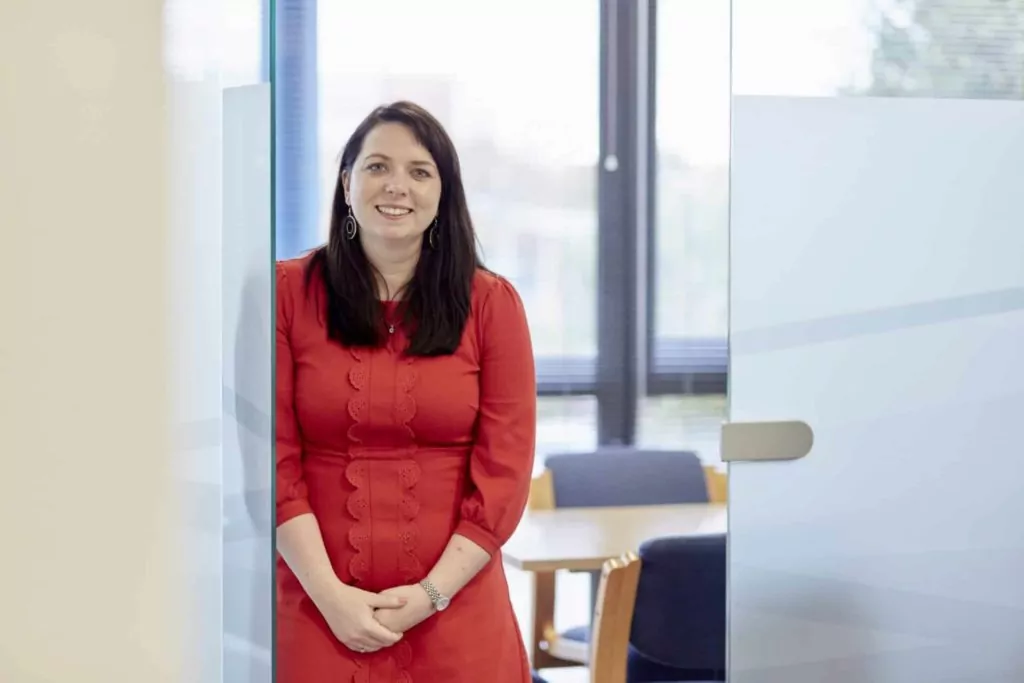

Zahir Nayani, Partner in our Islamic Finance team guest writes for Shieldpay's Transaction Management eBook. In this chapter, he takes a look into the future of deals teams and how they might change to adapt to to better manage transactions and utilise new technologies.
This article was originally published on Shieldpay's website on 28 September 2021.
Technology
A transaction involves several parties, requires conditions precedent to be satisfied, documents to be collated and deadlines to be met. Whilst parts of the process such as negotiating core terms of an underlying contract can only be carried out by skilled individuals, a large part of the transaction involves administrative and routine tasks.
Automation
Various transaction management platforms are available allowing parties to manage KYC, upload documents, control and update transaction conditions as well as streamline the signing process using e-signatures. By automating tasks and reducing the labour costs involved, the deal team can focus on closing the transaction as efficiently and economically as possible.
Collaboration
Transaction management platforms not only assist with routine tasks, but also bolster collaboration. A transaction requires the knowledge and skills of a varied range of professionals. A deal team needs to ensure all individual players contribute in the right measures and at the right time during the deal process for the transaction to successfully complete. A centralised platform where all parties involved can provide their input helps to achieve this.
Data security
Transaction management platforms also mitigate against data leakage. Despite growing concerns about data breaches and stringent regulations governing data privacy such as GDPR, parties still share documents externally through email and, to a lesser extent, hard copies. The use of such methods to share documents heightens the possibility of leakage and data privacy risks. Transaction management platforms and virtual data rooms allow parties to share data and documents securely but also in large volumes with ease.
Although there is an increasing number of such platforms available, the uptake and usage of these facilities is quite low. Many organisations still use human capital and manual processes to churn through transactions. The deal team of tomorrow will take full advantage of technological aids to streamline the transaction management process.
The right advice
More or less every transaction will come to a juncture, usually midway during due diligence, where one party will be faced with a difficult decision as to whether or not a certain risk outweighs the benefits. Is it prudent to continue? At these junctures, the client will habitually turn to their trusted advisors for guidance. Many advisors will happily provide a summary of all the risk involved but will tactfully stay away from providing opinions in the fear of inviting liability. However, this does not help the client in making a decision.
The deal team of tomorrow will go one step further. They will express a view on the risks tailored to the client and the transaction at hand, providing practical advice that is actionable.
Having the ability to solve a problem as it arises is one thing, but the model deal team can also anticipate problems and have creative solutions at the ready in order to avoid delays to transactions.
Transfer of knowledge
Individuals working on a transaction acquire a great deal of specialised knowledge. Almost every team member emerges from a transaction with a robust view of what went well or didn't and what could have improved. These insights could help to advance future transactions. It is imperative that the deal team of tomorrow documents key lessons learned from each transaction so as to benefit future transactional teams as well as increase the organisational capacity for future deals.































